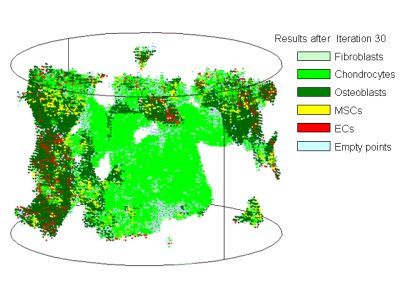Recognition for the scientific work of IBEC researcher Alícia Casals
The bioengineer Alícia Casals, group leader of the robotics research program at the Institute for Bioengineering of Catalonia (IBEC) will be recognized for her work as a research scientist in the “16 Científiques Catalanes” exhibition being organized by the Associació Catalana de Comunicació Científica.

